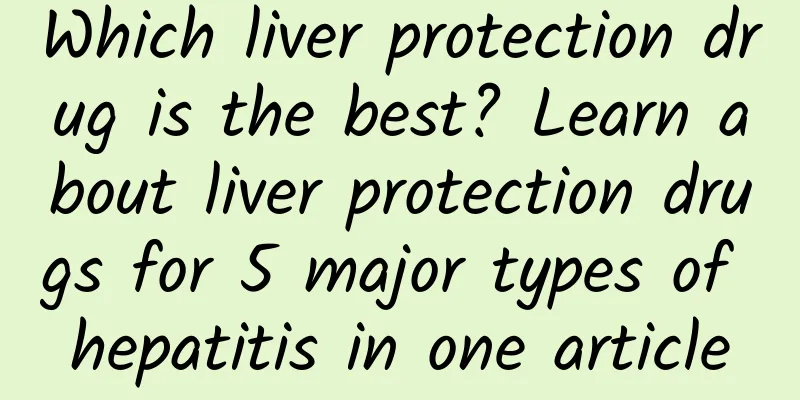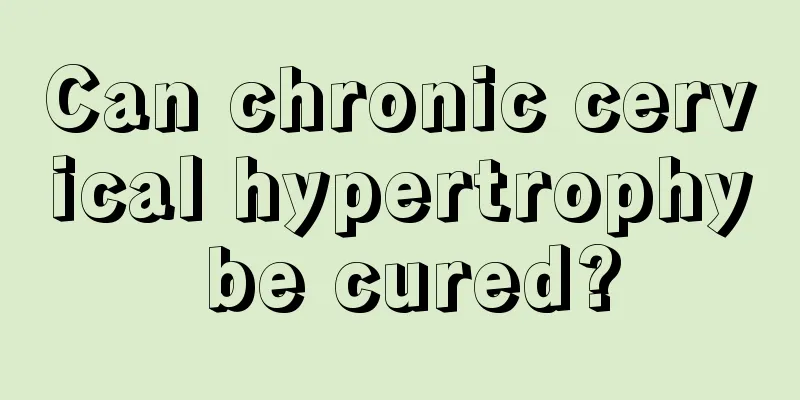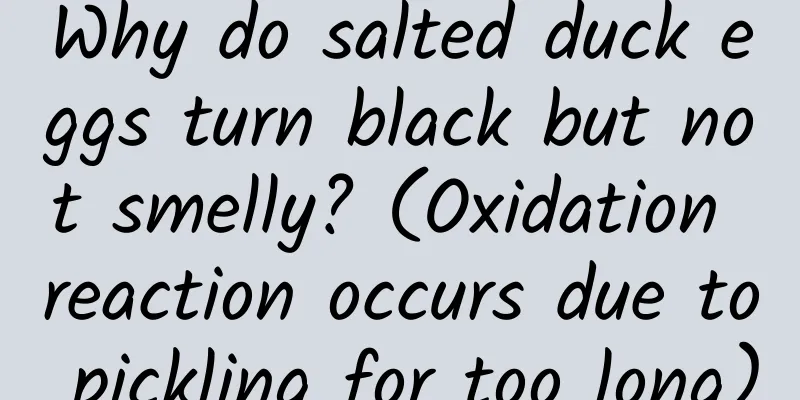Which liver protection drug is the best? Learn about liver protection drugs for 5 major types of hepatitis in one article

|
Common clinical hepatitis includes viral hepatitis, non-alcoholic fatty hepatitis, alcoholic hepatitis, drug-induced hepatitis, autoimmune hepatitis, etc. These patients often have liver cell damage. In order to protect the liver, doctors need to give patients liver-protective drugs. However, different types of liver-protective drugs have different functions and require targeted treatment, so they cannot be generalized. Based on this, this article sorts out "the five most common clinical liver-protective drugs and the corresponding diseases they treat" for clinical reference. 1. Five common categories of liver protection drugs At present, there is no unified standard for the definition and classification of liver protective drugs in China. According to the "Expert Consensus on Liver Inflammation and Its Prevention and Treatment", liver protective drugs are divided into five categories, including anti-inflammatory, liver cell membrane repair and protection agents, detoxification, antioxidants and choleretics . Representative drugs in each category and their effects are shown in Table 1. Table 1 Five major categories of liver protection drugs and their effects 2. Different liver protection drugs for different types of hepatitis 1. Viral hepatitis Clinically, antiviral therapy combined with liver protection therapy is often used as the main treatment for viral hepatitis. For this disease alone, detoxification and anti-inflammatory liver protection drugs can be selected, or liver protection drugs can be selected according to the patient's individual situation. For example, for patients with abnormal liver function , drugs such as silymarin, polyene phosphatidylcholine and vitamin E can be appropriately selected to play an anti-inflammatory role, reduce peroxidation damage, and promote liver function recovery. 2. Nonalcoholic steatohepatitis Non-alcoholic fatty hepatitis is caused by fatty degeneration of the liver and is an inflammatory subtype of non-alcoholic fatty liver disease. Usually, no drug treatment is required. Changing lifestyle and adjusting diet can improve fatty degeneration of the liver. If the patient is already in the advanced stage of liver fibrosis, hepatoprotective drugs such as vitamin E, glycyrrhizic acid preparations, and polyene phosphatidylcholine are needed to reduce lipid peroxidation. 3. Alcoholic hepatitis Alcoholic hepatitis is caused by ethanol invading the liver, leading to liver cell peroxidation. Polyene phosphatidylcholine can stabilize the membrane of liver sinusoidal endothelial cells and liver cell membranes, reduce lipid peroxidation, and alleviate fatty degeneration of liver cells and its accompanying inflammation and fibrosis; reduced glutathione can replenish intracellular glutathione and also has an antioxidant effect. 4. Drug-induced hepatitis Drug-induced hepatitis refers to liver damage caused by drug-induced hepatotoxicity. Non-essential drugs should be discontinued immediately, and anti-inflammatory and liver fibrosis prevention treatments should be carried out. Commonly used drugs include reduced glutathione, glycyrrhizic acid preparations, polyene phosphatidylcholine, etc. It should be noted that liver-protecting drugs should be given as appropriate to avoid aggravating liver damage due to liver-protecting drugs. At the same time, in the later stage of treatment, liver-protecting drugs should be avoided from being discontinued prematurely. After liver function returns to normal, the drugs should be discontinued slowly. 5. Autoimmune hepatitis Autoimmune hepatitis is caused by the body's production of autoimmune antibodies and T-cell-mediated autoimmune responses to liver cells. Glycyrrhizic acid preparations can be used for liver protection and anti-inflammatory purposes. 3. Notes The "Guidelines for the Diagnosis and Treatment of Drug-Induced Liver Injury" points out that there is currently no evidence that two or more anti-inflammatory and liver-protecting drugs have a better effect on it, so the combination of two or more anti-inflammatory and liver-protecting drugs is not recommended. It can be seen that the more types of liver-protecting drugs are used, the better. Combined use may increase the burden on the liver and may also cause drug interactions. In mild cases, the drugs will lose their efficacy after interacting with each other, and in severe cases, they will have adverse reactions to the body. In summary, there are many types of liver-protecting drugs in clinical practice. Doctors need to conduct a comprehensive analysis based on the pathogenesis of the disease and the patient's personal situation, and select appropriate liver-protecting drugs and reasonable dosages to maximize the efficacy and reduce the incidence of adverse reactions. Text and layout丨Feng Xiwen Editing and proofreading丨Fu Yujie Review丨Xing Chen |
Recommend
Causes of cervical cancer
Cervical cancer is one of the killers that threat...
What causes left abdominal pain in women?
In today's life, many women, like men, are in...
Is an egg a day good or bad? How many eggs a week is the healthiest?
In our daily diet, eggs are undoubtedly a common ...
What to eat to shrink the penis
The female vagina is an important sexual organ. A...
What are the early clinical manifestations of ectopic pregnancy?
It is also very dangerous for women when they are...
What can women use to nourish the kidneys?
Nowadays, the health of many female friends is ge...
Picture of 22-week fetus in the womb
After 12 weeks of pregnancy, a woman can check th...
The benefits and techniques of ovarian maintenance
The ovaries are sex hormone organs in the human b...
What are the steps to remove makeup?
Putting on and removing makeup can be said to be ...
Vulvar itching and white discharge, what is going on
Vulvar itching is a common gynecological disease....
Unmarried women have itchy white spots near the urethra
If there is itching and white spots near the uret...
Tips on how to treat vulvar itching
Vulvar itching is a common female disease. This g...
Normal progesterone level at 48 days of pregnancy
Female friends are in a dangerous period when the...
What does it feel like to have a miscarriage?
For pregnant women, their biggest worry every day...
Is dysmenorrhea really hereditary?
Dysmenorrhea is a common problem experienced by m...









